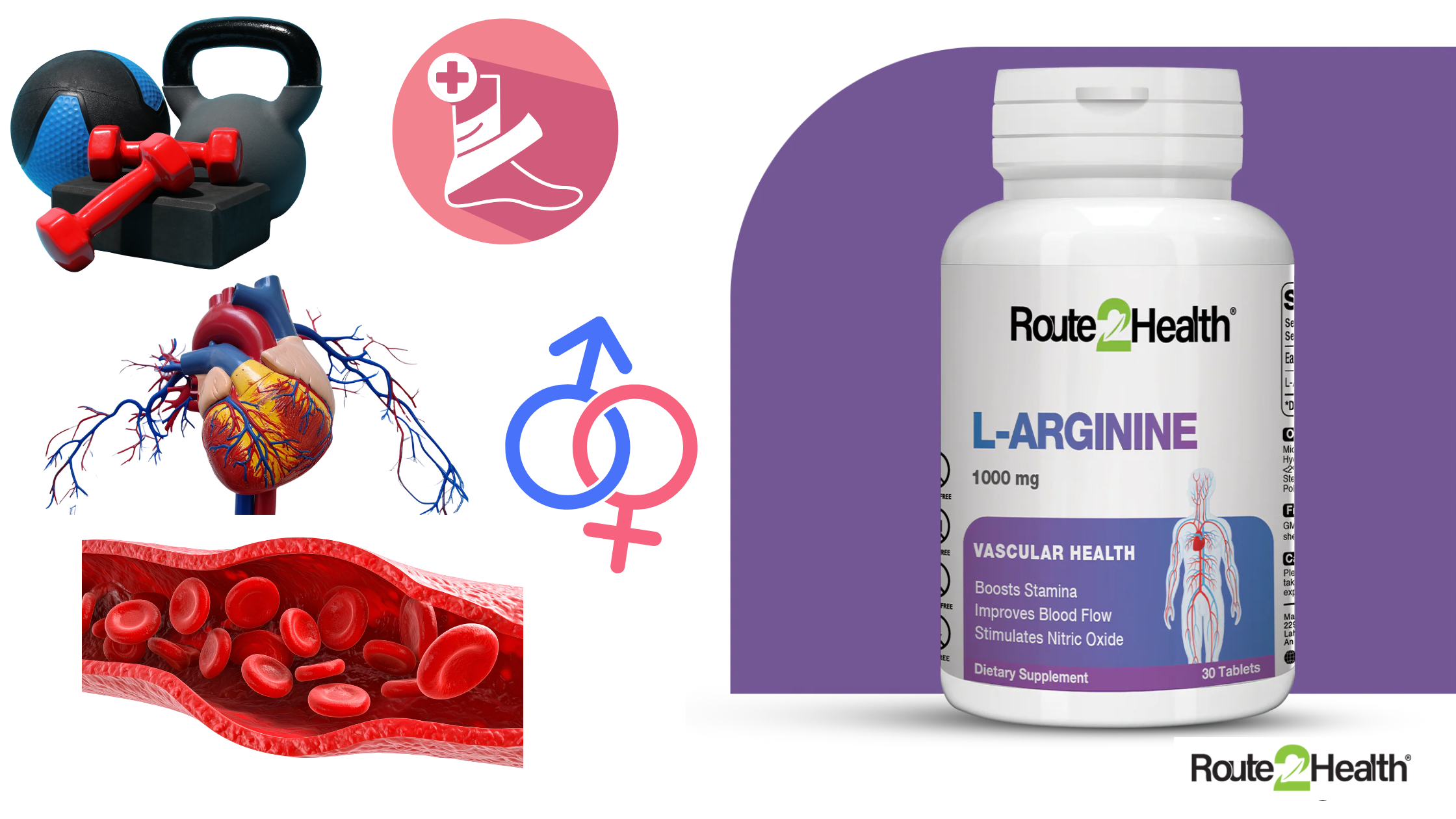Did you know vitamin C is a secret weapon for quick wound healing? Ascorbic acid, a vital vitamin, is essential for skin and tissue healing. When you acquire a cut or scrape, your body requires vitamin C to build collagen, the protein that is the basis for new skin. Without enough of this vitamin, wounds may take longer to heal, raising the risk of complications.
But that’s not all—vitamin C is also an effective antioxidant, combating damaging free radicals that can impede healing. It strengthens your immune system, helping to prevent infections that might impede healing. In this blog article, we’ll look at how you may use vitamin C to naturally expedite your recovery and provide your body with the necessary resources to repair correctly.
What is vitamin C?
Vitamin C, or L-ascorbic acid, is a water-soluble vitamin found naturally in certain foods, added to others, and sold as a dietary supplement. The body needs a small amount of nutrients to operate and maintain health. Vitamin C helps to fight infections, heal wounds, and support tissue health. It is also an antioxidant that protects cells from free radicals (highly reactive molecules).
Learn more about The Benefits of Vitamin C for Skin: Achieve a Healthy Glow

How is vitamin C essential in wound healing
Vitamin C promotes wound healing. It aids in producing collagen, a protein that provides structure to the skin and tissues. It also strengthens the immune system and functions as an antioxidant, protecting cells from harm. These functions are necessary for a good recovery from injuries.
How does vitamin C affect wound healing?
- Collagen Synthesis and Tissue Repair: Collagen is essential to skin and tissue healing. Vitamin C increases collagen formation, allowing wounds to heal faster. Studies demonstrate that increasing vitamin C levels can boost the proliferation of dermal fibroblasts, which is critical for wound healing.
- Antioxidant Properties: Vitamin C has potent antioxidant effects. It lowers oxidative stress at the wound site, avoiding cellular damage and inflammation, which can hinder healing. Vitamin C promotes tissue repair by eliminating free radicals.
- Enhanced Immune Response: Vitamin C increases the generation and function of white blood cells, which are vital in the body’s healing process by combating infections. Proper consumption of vitamin C strengthens the body’s defences, minimising the possibility of infection from wounds.
Benefits of vitamin C in different types of wounds
- Minor Cuts: Vitamin C can significantly accelerate the healing of minor wounds and scrapes by increasing collagen production and decreasing inflammation.
- Surgical Wounds: Vitamin C may help reduce scarring and promote general skin healing following surgery. Research shows that people who take vitamin C supplements after surgery recover quicker than those who don’t.
- Chronic Wounds ( Diabetic Wounds): Vitamin C has been demonstrated to promote long-term healing in chronic wounds such as diabetic ulcers. Studies show that it can boost healing rates in people with certain illnesses.
Recommended vitamin C intake for wound healing
- Daily recommended dosage: According to the FDA, the recommended Dietary Allowance (RDA) of Vitamin C is 90 mg/day for adult men and 75 mg/day for adult women.
- Higher dosage of recovery: Research has shown higher doses of Vitamin C, 500 to 3,000 mg., or around 8 to 50 times the RDA of 60 mg., to patients healing from surgery, various injuries, decubital ulcers, and leg ulcers, which have been shown to accelerate healing.
- Topical Vitamin C applications: Vitamin C can be used topically to treat wounds and scars. Using lotions or serums with vitamin C on healed skin may improve recovery outcomes.
Sources of vitamin C for natural wound recovery
Food sources of vitamin C
Vitamin C-rich foods include:
- Oranges
- Strawberries
- Kiwi
- Lemon
- bell pepper
- Grapefruit
Incorporating these natural sources into your diet can help you take adequate vitamin C doses.

Vitamin C supplements: Several vitamin C supplements, including ascorbic acid and ester-C, are available. These can be useful when dietary sources are insufficient.
Topical applications: Topical vitamin C supplements can be applied directly to the skin to help it heal and minimise scarring.
Scientific evidence and research on vitamin C and wound healing
Many researches and studies have confirmed the positive effects of vitamin C in wound healing:
- A systematic review of 2022 says Vitamin C supplementation increases healing in several types of wounds, particularly pressure ulcers.
- Another NIH study found that larger vitamin C dosages resulted in quicker recovery rates among individuals recuperating from surgery or trauma.
- Research also suggests that Vitamin C may help with wound healing, quality of life, rehabilitation, and patients with chronic conditions.
Precautions and considerations of vitamin C wound healing
- Possible side effects with higher doses: Higher doses of vitamin C can cause headaches, nausea, vomiting, heartburn and stomach cramps. Later use can cause even GIT problems and may develop kidney stones.
- Interactions with medicine: Vitamin C may interact with specific medications; consult your doctor if you take any medications.
- When to consult a healthcare professional: Seek medical advice if you have wounds or are taking vitamin C doses.
Conclusion
Vitamin C is crucial for rapid wound healing and is integral to the body’s recovery process. This potent vitamin promotes healing in various ways, including food consumption, supplements, and topical therapies. A well-balanced diet high in vitamin C can significantly speed up the healing process, giving your body the resources it needs to recover properly.
If you cannot consume a diet rich in vitamin C, route2health vitamin C is the best option. These chewable vitamins taste fantastic and boost immunity and wound healing. They provide a simple method for increasing vitamin C consumption, making it more straightforward to attain a healthy recovery.
FAQs
- How much vitamin C is required daily?
According to the FDA, the recommended Dietary Allowance (RDA) of Vitamin C is 90 mg/day for adult men and 75 mg/day for adult women.
- Is vitamin C good for skin recovery?
Vitamin C is good for skin recovery as it produces new collagen when applied.
- Does vitamin C heal scars?
Yes, vitamin C impacts older scars and improves their appearance.
- Is vitamin C good for dry skin?
Vitamin C may help dry skin to a youthful, young glow.
- How does nutrition affect wound healing?
Proper nutrition intake during wound healing helps you heal faster and fight infection.
























































